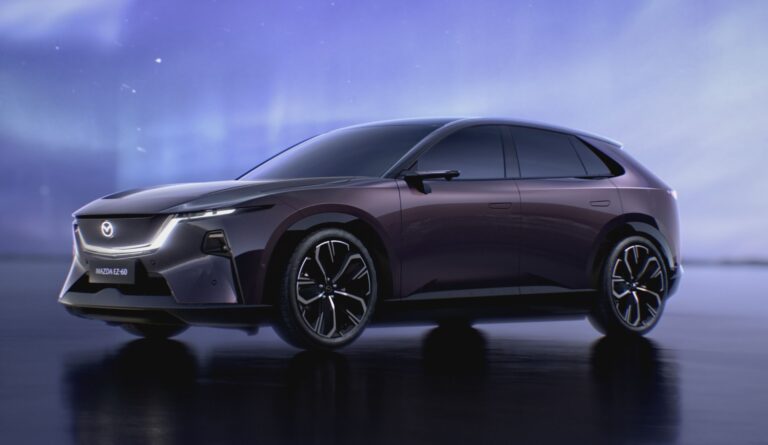Introduction
This week on the Plugged-In Podcast, host Kevin Williams delves into the stunning innovations showcased at the Shanghai Auto Show, particularly focusing on the rise of affordable electric vehicles (EVs) from China. With the global automotive landscape rapidly evolving, these developments are poised to challenge traditional markets. In this article, we will explore the implications of these emerging trends and the potential impact on the U.S. automotive industry.
The Shanghai Auto Show: A Display of Innovation
The Shanghai Auto Show, one of the largest automotive exhibitions in the world, has become a critical platform for manufacturers to unveil their latest technologies and designs. This year, the spotlight was on several Chinese automakers, particularly BYD, which has gained significant traction in the EV market.
BYD’s latest model, the Seagull, is a prime example of how affordable EVs can disrupt the market. Priced competitively, this vehicle offers impressive features that cater to a wide range of consumers, making electric mobility accessible to more people.
Highlights of the BYD Seagull
- Affordability: The Seagull is positioned as one of the most cost-effective EVs available, appealing to budget-conscious buyers.
- Performance: With a robust electric range and quick charging capabilities, it rivals more expensive models.
- Technology: The car is equipped with advanced tech features, including an intuitive infotainment system and safety enhancements.
Potential Implications for the U.S. Market
As these affordable EVs gain popularity in China, experts are speculating about their potential impact on the U.S. automotive market. Could these vehicles pose a threat to American manufacturers? The answer may lie in consumer preferences and market adaptability.
U.S. manufacturers have traditionally focused on higher-end vehicles, but as consumers increasingly seek value and sustainability, the landscape may shift. Companies may need to reassess their strategies to remain competitive.
Could EV Tax Credits Face Elimination?
In addition to the rise of affordable EVs, the podcast also discusses the looming question of EV tax credits and their future. With ongoing debates in Congress, the fate of these incentives remains uncertain. The potential elimination of tax credits could significantly influence consumer purchasing decisions and the overall growth of the EV market.
The Importance of Incentives
Tax credits have played a crucial role in making EVs more appealing to consumers. Without these incentives, the uptake of electric vehicles may slow, affecting both manufacturers and buyers. Policymakers must consider the long-term benefits of supporting the EV market to ensure a sustainable transition to electric mobility.
Conclusion
The developments showcased at the Shanghai Auto Show, particularly the emergence of affordable EVs like the BYD Seagull, signal a transformative shift in the automotive industry. As these vehicles become more prevalent, American manufacturers face new challenges and opportunities. Moreover, the uncertain future of EV tax credits adds another layer of complexity to the market landscape. Stakeholders must remain vigilant and adaptable as they navigate this rapidly changing environment.


2 Comments